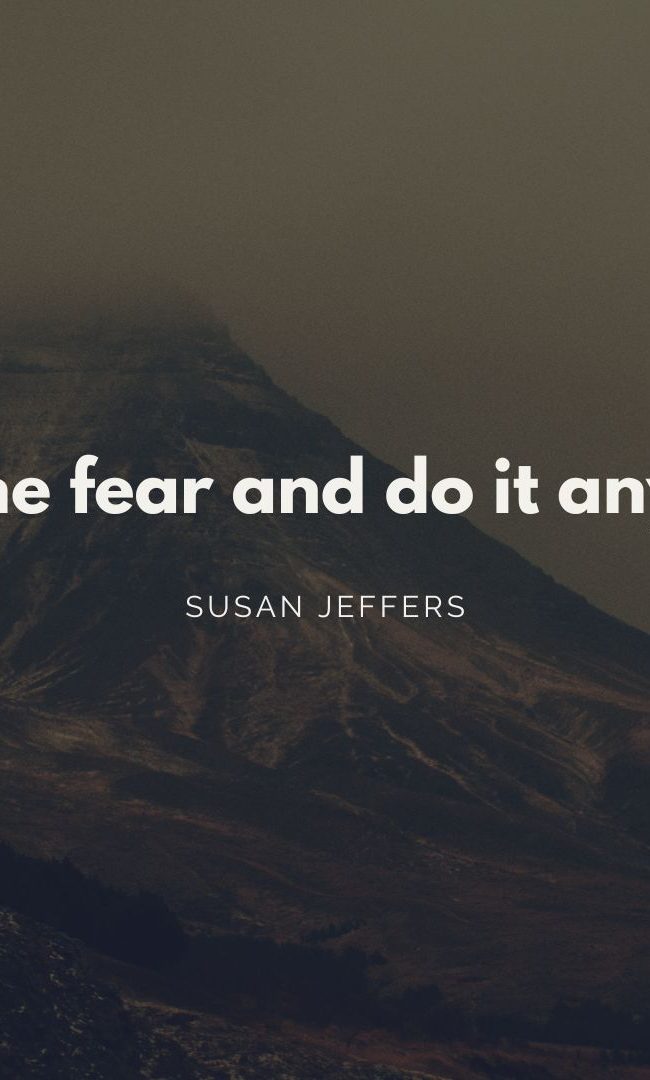
Siilinkari Project: How to fix team communication?
Esseen tyyppi: Yksilöessee / 2 esseepistettä.
KIRJALÄHTEET
| KIRJA | KIRJAILIJA |
|---|---|
|
Absolute Beginners Guide to Project Management |
Gregory M. Horine |
In this essay I will be reflecting on my experience with our project in Siilinkari winter cafe. After clarifying the project, I will reflect on my learnings about it and list things what I would do differently in the next similar scenario.
We got the opportunity threw our team mate to have shift work in Siilinkari’s winter cafe, that is located in the lake of Näsijärvi here in Tampere. It would be an understatement to say that its not like a regular cafe. It is a seasonal and portable shack that gets moved in the middle of the lake when the ice on the lake is thick enough to walk and drive on. The working environment is so unique that it requires flexibility and grit from the employees. They would serve things like coffee, sausages, doughnuts, and warm juice in the cafe for customers. Due to the cafe being in the middle of the lake, there is no electricity, running water, toilets or other comforts that people are used to. The lake during winter is challenging and cold climate and takes some effort to figure out the best way to dress, so you won’t get a frostbite or cold. So, working in the cafe is not an easy job even to a Finn who is used to the climate, let alone an international student from a country where snow has never been seen and lakes (if there are any) don’t freeze. That being said I must mention that all of our teammates who worked at the cafe did an amazing job, and they should be very proud of themselves!
Our working times were divided to two shifts, morning, and evening shift. Every shift we would have different member of our team covering it, so that as many people as possible get the experience and can bring their “contribution” to the team, and at the time, teams only project bringing in capital. This decision was also issued because the work is so physical and tough that it would be too much work for only few people from the team to cover the shifts during the weekends of the whole spring semester.
What went well?
Many things went well. The meetings with the Siilinkari contact were always handled well and agreeing about the job was effortless. Also, people from our team were quickly on board with the project and it started nicely.
Our international members really went beyond my expectations with their work and dedication to working at Siilinkari. Even if going on the ice was a scary thought, they couldn’t handle the cold well or they didn’t have proper equipment, everyone really amazed me how they adapted to the new environment and provided the work that was expected from them. (Even if it would have been seen as a crazy and reckless thing to even attempt in their country)
Communication with Siilinkari was fluent and quite fast. Also, our teammates took initiative in this and got very nice feedback for it.
Also, the workers for the shifts were always found eventually and we never failed to provide a shifter when it would have been needed. We also provided a shifter outside of our contract hours when they were in need. We were providing help where it was needed and we succeeded in it, and I think we can be proud of making that happen without a fail.
What I would do differently in the future?
As in any project or work, there were things that could have been done better in my part as the project leader and in general. First of all, the communication should all be in one place. In teams we created a new channel for projects, and it made the info jump from place to another which made it confusing for people who were looking for the information. In the future it should remain in one place, and it should be considered before putting out any info that where should it stay the whole time.
The shifts were agreed upon only during the same or previous week from the shift. I think next time it would be worth trying to agree on the shifts already in the beginning. The process of trying to find someone available for the shift so close to it meant that people already had agreed filling on those days, and it was hard at times to find people that are available. Its understandable that we have busy lives, and it was purely my issue as the one responsible for finding people. For this we also had an excel sheet where people were told to update their status (Available/Not available) but it turned to be useless because of two reasons. One, some of the members didn’t fill it so it was incomplete. Two, no one updated it when their plans changed, so the info was ether not there or already expired information. The excel would have worked if it was somehow linked to the “book your shift” where people go and choose a shift themselves that they will take. Shifts that would be left over from that and someone absent because of some reason, I would have stepped in and looked for a replacement.
How to motivate and encourage people to contribute to the team in joined projects? How to approach joined projects in the future? As a project of the whole group, I also sensed the interest of taking a shift go down when the semester went on. Some people had already gone once, and some had not. But the joined factor was there was no shown interest to take a shift at times and it became a stress on me. To fix this I could have hosted a paja about the project and conveyed the positive encouragement and feedback to the whole team. (I did share the feedback to the individual it was given about but not together to the group) The paja could have told about how the project is going, how much have we earned, feedback and letting people share their experiences while working. It would have brought more positivity to the topic of the shifts and could have made it easier to also book any missing shifts. It should have also been mentioned better in the beginning that everyone goes at least once, but might also do two shifts, since there were more shifts than our members. So, in the end the problem really is in the communication to the team. I looked into what makes communication so important in projects and read Gregory M. Horine’s book, Absolute beginner’s guide to Project Management (2005). In the book is listed key determinant factors of benefits from good project communication. They are Managing expectations, Managing the project team, and reducing conflicts. It’s also introduced that every solid project manager should know “there are two skills that will carry him/her in almost every project situation: organization and communication. Being excellent in these areas, especially project communications, will compensate for shortcomings in almost every other area.” (p.215)
Not only does effective communication in projects help to manage the project team but also the expectations that both teammates and possible project partners have about the project. You can avoid misunderstandings and conflicts by being organized and active communicator.
In the illustration 17.1 in Gregory M. Horines book, its illustrated what kind of challenges are faced in effective communications. I will be listing the ones I feel are relevant to our situation. Expectations, Past experiences, and Assumptions are the main topics and under topics are communication skills, learning styles, current state and filters created by culture, attitude, values and beliefs. All of these factors play a role in communicating. The most difficult part in communicating and the goal of communication “is to have the receiver end up with an understanding that equals the meaning intended by the sender”. What I found interesting is also what is defined communication? I usually in this setting think of a teams message or an info session in paja about our project, but I came to think about it in a different way after looking at the research of Impact of Effective Business Communication on Employee Performance by Stavros Kalogiannidis (2020). Its said that “communication is not necessarily about talking, listening, and writing but rather involves people interacting and understanding each other as well as sharing knowledge or ideas about different issues”, which made me think about the way to approach project related topics in a group setting. We are a co-operative and in its core we are supposed to give equal space to all of our members to share their visions and engage in dialog to create understanding. We shouldn’t fall into the pit of having a CEO who tells us what to do and everyone will listen, that is not the point of a co-operative. In these topics I am interested to study more about the aspects that affect communication and understanding. How these factors differ from person to person and how to conquer them in our team.
CONCLUSION
In conclusion the Siilinkari project was a good learning experience on motivating and encouraging people on a task they might have never done before. Also, it was a good opportunity to see how to manage a group of workers in a shift work setting. That I have not done in this scale before. Overall, I really enjoyed both working in Siilinkari cafe and managing the project. We got valuable experience and learnings that will help us in the future when doing something unique like this. In the end I feel like adaptability, willingness to learn and effective communication will take you far.
References:
– Kalogiannidis, S. (2020). Impact of Effective Business Communication on Employee Performance. European Journal of Business and Management Research.
– Gregory M. Horine (2005). Absolute Beginner’s Guide to Project Management. Que Publishing.



